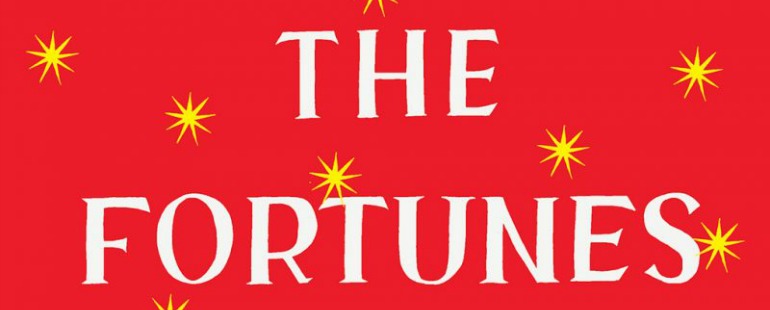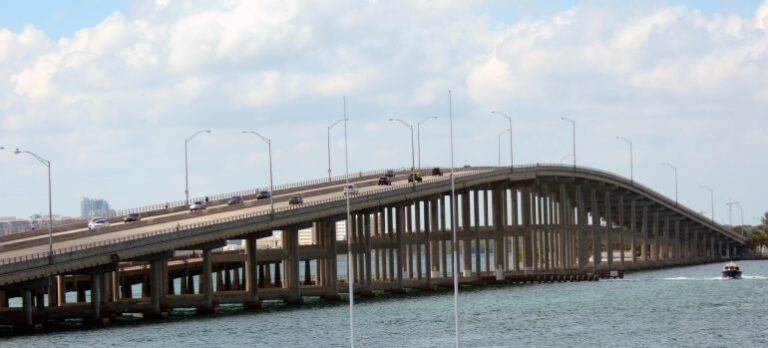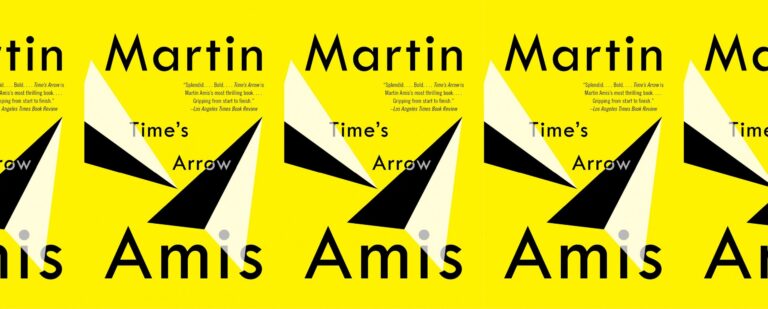Writ in Water: The Good Fortunes of Peter Ho Davies

I admire Peter Ho Davies as a writer, teacher, indoor soccer star, and as a generally brilliant and funny and generous human being. He was the graduate thesis advisor for my novel, and he was a tremendously insightful reader, even if he did tell me to change the title because it sounded too much like a Nicolas Cage movie. (I don’t know. Ghostrider and Bad Lieutenant Face/Off on The Rock still sounds pretty good to me.)
Davies is the author of two story collections, The Ugliest House in the World and Equal Love, and the novel The Welsh Girl. His new novel, The Fortunes, is out this month. It’s very, very good. And I like the title very much.
The Fortunes, at once intimate and expansive, features four linked sections. Gold follows Ah Ling, the manservant of Central Pacific railroad tycoon Charles Crocker. Crocker sees in Ling’s discipline and stamina reason to put thousands of Chinese immigrants to work finishing the transcontinental railroad in 1860s California. In Silver, golden age Hollywood star Anna May Wong tries to traverse a downturn in her career by visiting her father who has moved back to China, where she finds she is too American for China and still too Chinese for America. Jade’s narrator is a friend of Vincent Chin, who was beaten to death in Detroit in 1982 by two white autoworkers—who, the history goes, mistook him for Japanese and blamed him for the downturn in the American auto industry. The final section, Pearl, follows American parents John and Nola as they travel to present-day China to adopt their daughter, Anna Mei, on “Gotcha Day.”
Many have praised the book’s navigation of the “strands of identity,” its discussion of survival in immigration, and its attention to inclusion and belonging, but it is also a remarkable look at the American West. Throughout the book, Davies ties together threads large and small, and the railroad, which carries us into the novel, reappears frequently. John struggles to write a historical novel about the railroad (“It’s taking longer to finish than the railroad took to build”), the railroad that allows for Anna May’s newsreel tour of China was built by the same men who labored on the transcontinental in America, and Vincent Chin, adopted from Hong Kong, joins a family with an ancestor who worked on the railroad. To follow these tracks raises pressing questions about the West.
Is the history of the West one inextricable from greed and violence? Is its boundless opportunity merely cutthroat opportunism? (For a Hollywood star considered too Chinese to play the Chinese lead in The Good Earth, or for an immigrant aiming for gold but settling for laundry, where are the clear and unseen limits of the American Dream?) How does our prevailing view of the railroad as a healing suture for the country after the Civil War change if the Chinese, spike by spike pulling the coasts together and uniting displaced European laborers as uniformly white in opposition to the new immigration, were responsible for much of this healing?
Davies talked through some of these questions with me.
Joseph Horton: I think I may know, generally, your answer to this, but I’ll ask anyway. Does anyone—writer, character, even an idea—”own” the West? This book is full of questions of ownership, and it is populated by characters wondering about their place in the West—being displaced by new arrivals, deciding whether or not their lives will be permanent in this place. Did you as an author have the same feelings, entering this literary landscape? Did it call for any of the “reinvention” you mentioned with the Guardian, and were you as confident as Charles Crocker, “the author of this road, goddamnit!”?
Peter Ho Davies: I certainly didn’t feel as confident as Charles Crocker . . . and that’s probably just as well! His brand of brash egotism (at least as I imagine him)—forceful, but unreflective—doesn’t seem like a novelistic asset. I guess, as you suggest, that I’m less interested in ownership, than the question of ownership, the questioning of ownership.
I didn’t write about the West because I feel I ‘own’ it as material, any more than I feel I ‘own’ Chineseness, or in the context of my last book, The Welsh Girl, Welshness. I’m not writing what I already know, so much as I’m writing to discover.
You might say I write into questions like Can I do this? or Can I write this? The anxious sense that we can’t or aren’t allowed to, can close us down, but I find it useful to write into that fear and anxiety and in the case of The Fortunes the characters echo these questions of mine (or maybe I echo theirs).
This touches on the hot button topic of cultural appropriation, of course. The poles of that argument seem to be, on the one hand, anyone can write anything, and on the other that we can’t enter territories that we don’t own. The debate is construed too often as an either/or, when in fact I think the best work comes from the tension between those positions, and acknowledges the validity of both. Yes, writers should be able to write anything (as a writer and moreover a teacher of writing I can’t endorse bans). But, as a wise man once said, with that great power comes great responsibility . . . and in this case the responsibility is not to shrug off the concerns of those we write about, but to weigh them seriously and respectfully (even if we don’t always agree). It’s hard to write the story of another, and acknowledging that difficulty is the first step in doing it well, which is in turn the only justification for doing it. (Of course, how ultimately “well” we write anything isn’t an absolute and inevitably lies in the eye of the beholder . . .)
JH: You’ve written elsewhere about the challenges and opportunities of historical fiction. I’m struck by your idea of certain people being a “gift” to the historical novelist, and that you’ve had an interest in writing about some of these characters for decades. What do you look for in these gifts, and what keeps an idea percolating—especially from history—over time? They have a story yet to be told, or wrongly-told? Are they emissaries of the story you want to tell, or are they driving the story? (Especially, as you say, when you can be interested in someone with a lack of historical detail, Ah Ling, and someone well-known like Anna May Wong?)
PHD: The gift, I think, is certainly in part an untold, or wrongly-told story (any wrongly told story implies an untold one beneath it), though such stories can still quite rightly be the purview of the historian (a new archive for research would also be a gift to a historian, say). What I think of a gift to the historical novelist includes this but goes a little further. I’m interested in those spaces where the historical record is broken, or sketchy, places where historical fact is uncertain. Those gaps often provoke questions that historical research alone can’t address. That seems a special territory for the historical novelist, a space for (informed) imagination to speculatively extrapolate. In that regard those gifts feel like lacuna in history. Ah Ling’s story—he’s a real, even pivotal figure, footnoted in histories, but almost nothing is known of him as an individual—is an example of one of these gaps. Anna May offers a different kind of example. In her case, a great deal is known—her movie star life is very well documented—and the gaps are less obvious. But it seems to me that between her public image, all the things she says in magazine interviews, might lie a different private and less well documented reality. We should after all take whatever she says in interviews with the same pinch of salt with which we take any celebrity interview today!
JH: You write about the growth of the country being a race between two demons, “the devil of violence and the devil of greed.” I’m very struck by that too, and there’s certainly plenty of historical evidence to support the idea. But, if pressed, which demon won that race? Is, say, the West more a product of violence or greed?
PHD: Isn’t greed a kind of (latent) violence? I suspect the greed for gold, for land, for jobs, for water may underlie much of the historical violence of the West. But perhaps that’s a British perspective. I felt I grew up (albeit in the 70’s and 80’s) in a country that felt as if it still had a wartime rationing mentality. There wasn’t enough to go around—I’m not speaking of essentials like food and fuel here, but more abstract things—not enough satisfaction, not enough success. It felt as if someone else were successful, there was less of that success available to you. The US by contrast, when I arrived here in the 90’s at least, struck me as somewhere where there was (theoretically) more to go around, that one person’s happiness and success didn’t necessarily diminish another’s. That’s an optimistic (and I know now a naïve) vision, but also perhaps a constructed myth. Propaganda almost.
The West seems in the national historical imagination a site of boundless space (try telling that to Native Americans!), boundless resources (trying telling that to the buffalo!), but really it may have only been one of boundless greed.
JH: “The Chinese might have physically united the country by building railroad across it, but now they were uniting it in another sense, binding the quarreling tribes of Irish and English, French and Germans, Swedes and Italians together against a common enemy.” Is unity, is a measure of harmonious living (especially in the West, especially as it’s being so quickly changed during this time, if not today and always), only possible by exclusion? And does that connect, perhaps, with the idea of “quintessential Americans” who were ” . . . certain they deserved better than their lot, that the world, the earth, owed them its treasures?
PHD: Even in The Welsh Girl, I was interested in the idea of how communities, countries form their identities in relation to others. Welshness in some sense is “not Englishness.” We know ourselves—as individuals or nations—often in comparison to others. I am not you. The US is not . . . Great Britain (in 1776). Writing The Welsh Girl it seemed to me as if the smaller nation would naturally define itself against the larger or more powerful, while the larger nation might not do so against the smaller (children define themselves against their parents, but perhaps not vice versa, say). But The Fortunes modifies that idea somewhat. My theory is that in California, at least, in around the 1870’s, the majority group—white settlers—in some sense defined themselves against the minority (the Chinese “other”). But, of course, that majority was itself in some sense anxious, weaker, more tenuous than it might seem in retrospect. Whiteness was still under construction (were the Irish to be included say?) and the nation was being forged from very disparate (if European) immigrant groups.
I’d still argue then that this search for self, by defining ourselves against the other, is an act of the weak, the unconfident. It’s not a statement of who we are, it’s a statement of who we’re not (which suggests an uncertainty about who we are).
Can we relate this to the present? Maybe. We seem to be living in a period of increasing racial and identity strife—at least the rhetoric is getting louder—but does this mean in some simple sense that bigotry is growing? Maybe it means that those speaking in such terms feel themselves to be losing (as I have to hope, and believe, they are), that the bluster is in fact a manifestation of dwindling power.


